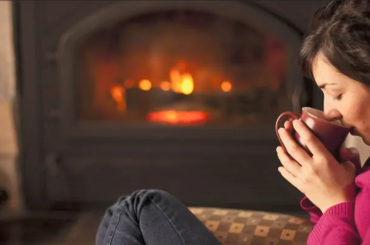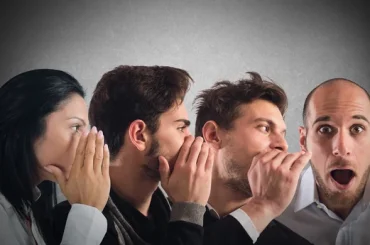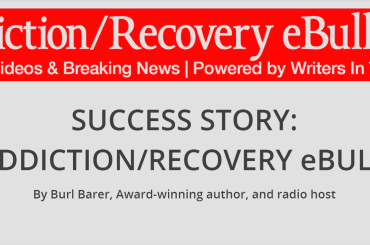Have you ever heard of the ACE score? ACE is an abbreviation for adverse childhood experiences. Kaiser Permanente conducted the ACE study in the mid 90s. Still veiled in secrecy, the ACE concept is one of the most ground breaking medical research projects in our time and is unbeknownst to a large portion of the population.
What Your Ace Score Means
The ACE score is a series of ten yes or no questions related to parental mental illness, parental drug use, abuse and neglect (whether physical, verbal, sexual), and a child’s perceived safety in the home while growing up. Many Americans are already familiar with the ACEs even though the study remains largely obscured from the public eye; a staggering 61% can answer yes to at least one of these questions. The mental and physical risks associated with scores of four or more are the real eye-openers, and these risks are the reason that the ACE score should be discussed in every home in America.
Getting Your ACE Score
People who score four or more ACEs are at higher risk for the development of non-alcoholic hepatitis, COPD (chronic obstructive lung disease), and chronic pain conditions. Other consequences of a higher ACE score include dying a whole two decades earlier than a person with a score of zero, development of auto-immune diseases, chronic heart and lung diseases, and even early menopause. In relation to substance abuse and mental health, the numbers really start to jump. Those with an ACE score of four or more are seven times more likely to become an alcoholic, ten times more likely to have used intravenous drugs, and 400% more likely to suffer from depression. People who score six or more on the ACEs are astonishingly twelve times more likely to attempt suicide. Yes, you read that right- twelve times!
For those of you curious as to how Adverse Childhood Experiences affects them, NPR has a user-friendly version, so please click on the link below to take the test. What’s your ACE score?
Now that you know your score, what do you do if it’s high? Where do you go from here to get the help you need to reduce these risks? Thankfully, we have solutions! In the next article we list some of the keys to help decrease risks for the disheartened and traumatized, who don’t really feel like winners after getting the highest score in the class. Stay tuned!
Felitti, V.J. (2002). The Relation Between Adverse Childhood Experiences and Adult Health: Turning Gold into Lead. National Center for Biotechnology Information.
https://www.ncbi.nlm.nih.gov/pmc/articles/PMC6220625/
Niel, C.N., Pachter, L.M., Wade, R., Felitti, V.J., Stein, M.T. (2014, Oct). Adverse events in children: predictors of adult physical and mental conditions. Pub Med. https://pubmed.ncbi.nlm.nih.gov/25225793/







